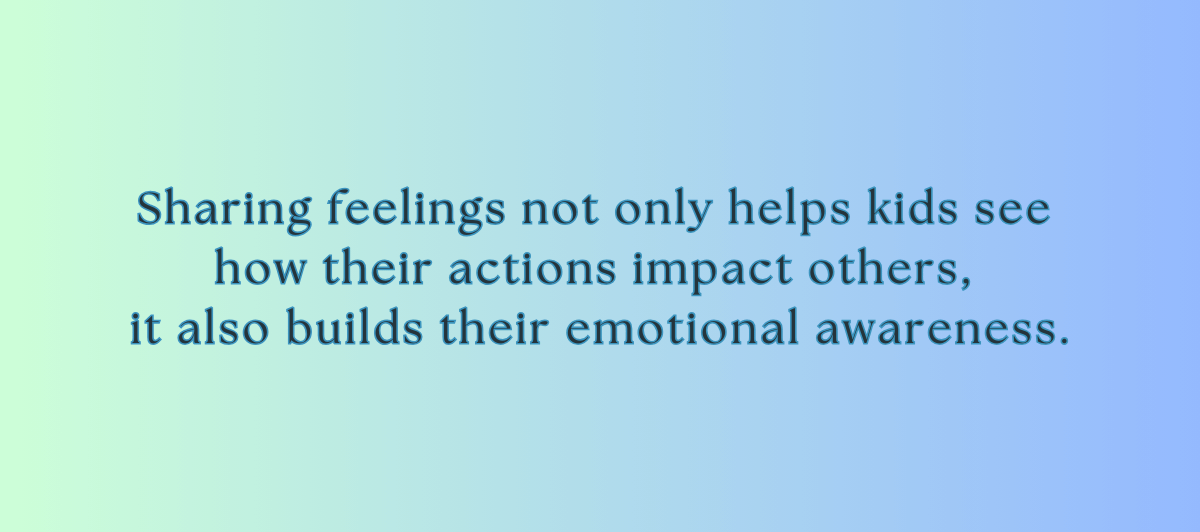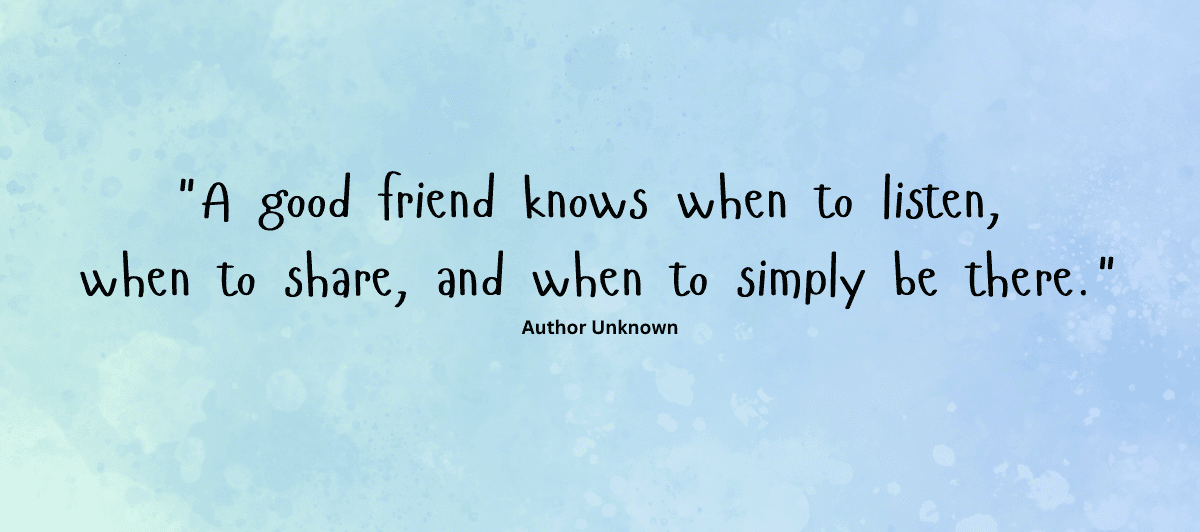
Teaching Kids the Emotional Impact of Their Actions
My son was getting ready for school, but not at the pace he needed to in order to catch the bus. I started noticing a pattern – every time I reminded him to do something, he responded with, ‘I’ll do it. Just give me a minute.’
The minutes kept passing and nothing was getting done. He had tasks to complete to be ready on time, but they weren’t being done. I felt my irritation building, realizing that my frustration stemmed not only from his inaction, but also from his lack of awareness of the emotional impact of his actions.
Finally, I looked at him and said, ‘I’m feeling really irritated. You keep asking for a minute but then you don’t actually get the task done .’ He gave me a surprised look and said,’ Mom, I didn’t know that you felt irritated.’
And I thought, ‘Seriously? You didn’t realize that me asking over and over again would be irritating?’
Lightbulb moment
He’s right. I’ve been experiencing emotions and understanding how people’s actions affect others’ emotional states for much longer than he has. It’s easy to assume that our kids should know how their actions (or lack of action) affect others, but in his words, ‘I didn’t know that. I’m still learning.’
And I realized—yes—he is still learning. While our kids might be more aware of their own emotions, understanding the emotional impact of actions on others is a very different challenge. It takes time, practice, and open communication.
This is what I know:
As frustrating as these moments can be, they are opportunities for growth – for both of us. It’s a reminder to be patient, not just with our kids but with ourselves, as we guide them through the complex world of emotions. Just as learning how to read or ride a bike takes practice and patience, so does learning how to interpret and respond to the emotions of others.
Until next time…


